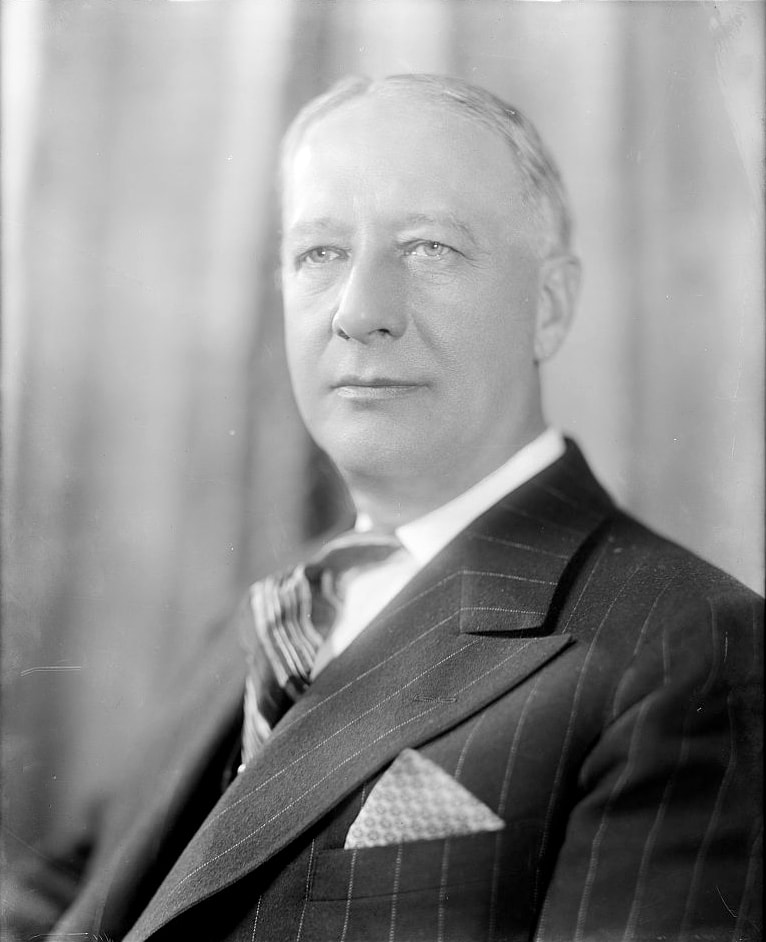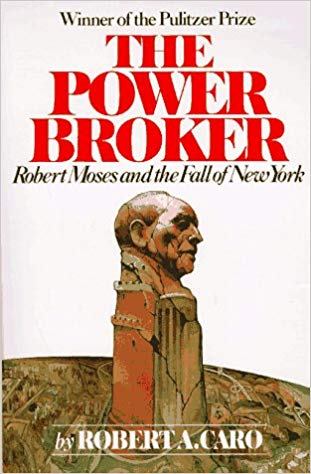Chapter 8 – The Taste of Power
In 1923, Moses was still Secretary of the New York Association. He often visited the Senate on behalf of Governor Al Smith but had no official position, so had to kneel on the carpet. He was, however, in the Governor’s inner circle comprised of both Tammanys and Reformers, as well as Belle Markowitz.

Being close to Smith, Moses found that if he had a good idea, it was more likely to be implemented. It was the proximity to power. Smith asked Moses to look at the penal system. Moses planned to create small industries in reform schools for youthful offenders and a generally more liberal policy. This was supported. He also made up plans to reduce rail crossings that held up cars. This was also forced through.
Moses now had the taste for power. He liked being on the inside, even if it was inside something he used to despise. His support for reform turned to support for Al Smith and Tammany Hall.
In 1923, Smith secured a paid position for Moses in charge of the very industries in state prisons that Moses had earlier recommended. Moses didn’t want the job. Again and again, Smith tried to give Moses a position but Moses always refused. But one day there was something he did want and that something was parks.
Analysis & Key Takeaways
- Moses was a turncoat; he despised Tammany Hall until it was beneficial to him. Technically being consistent is even possible as an elected official, let alone an unelected on such as Moses…
- Moses turned down job offers from Al Smith time and time again. Until he got what he wanted which was parks…Must have seen something others didn’t understand which was that parks are at the core of urban planning; Moses himself believes that the best cover for a revenue generating poll is a patch of grass.
- Gain influence over parks in New York is a critical first major step for Robert Moses. As history show, he was also probably discriminator towards those who did not align with his interests for example poor folks, Republicans, African-Americans although he himself never explicitly was racist in a direct manner, just generally, Moses was a kind of proxy for economic and political will of the Philosophy King type. In other words, he ran New York projects through cunning, pragmatic manipulation and influence peddling. The net effect being a controversial, singular vision that impacts New York today….



Typo at beginning of Chapter 8. End of first paragraph. Belle’s last name is misspelled.